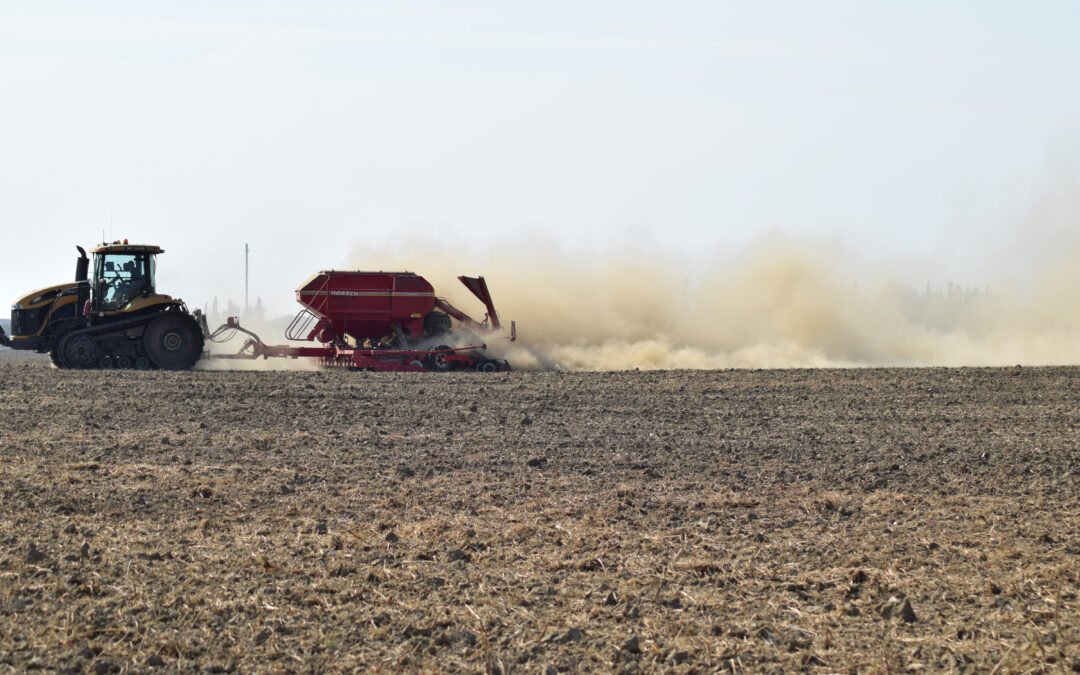Organic gardening is a great way to grow your own fresh produce and enjoy the benefits of eating healthy, nutritious food. However, starting an organic garden can be challenging, especially if you’re new to gardening. In this blog post, we will discuss some common mistakes people make when starting an organic garden and how to avoid them.
Common Mistakes People Make When Starting an Organic Garden
1. Not doing enough research: One of the most common mistakes people make when starting an organic garden is not doing enough research. Before you start planting seeds or digging up soil, it’s essential to learn about the specific needs of the plants you want to grow, as well as the conditions in your area. Research things like sunlight requirements, water needs, and potential pests or diseases that could affect your plants.
2. Choosing the wrong soil: Another mistake people often make is choosing the wrong soil for their garden. Organic gardens require healthy, nutrient-rich soil to thrive. You may need to amend your soil with compost or other organic matter to create the right environment for your plants.
3. Neglecting pest control: Pests are a fact of life for any gardener, but organic gardeners have to be particularly careful about using chemicals to control them. Instead, focus on preventative measures such as companion planting, crop rotation, and natural repellents like garlic spray.
4. Overwatering or under-fertilizing: It’s easy to overwater or under-fertilize your plants, which can lead to stunted growth, disease, or even death. Learn to recognize the signs of overwatered or under-fertilized plants and adjust your watering and fertilizing schedule accordingly.
5. Ignoring seed germination tips: Seed germination is crucial to the success of your organic garden. To ensure successful seed germination, follow tips such as soaking seeds before planting, providing adequate light and temperature, and keeping soil moisture consistent.
How To Avoid These Mistakes
1. Do your homework: Take the time to research the specific needs of the plants you want to grow, as well as the conditions in your area. This will help you choose the right soil, plan your irrigation system, and take steps to prevent pests and diseases.
2. Choose the right soil: Invest in high-quality soil that is rich in nutrients and organic matter. Consider adding compost or other organic materials to enhance the quality of your soil.

3. Practice preventative pest control: Use natural methods like companion planting, crop rotation, and garlic spray to keep pests away from your plants. Also, consider installing barriers around your garden to discourage animals from entering.
4. Monitor your plants closely: Keep track of how much water and fertilizer your plants are getting, and adjust your schedule as needed. Pay attention to signs of overwatering or under-fertilization, such as wilting or yellow leaves.
5. Follow seed germination tips: Soak seeds before planting, provide adequate light and temperature, and keep soil moisture consistent to increase your chances of successful seed germination.
Conclusion
Starting an organic garden can be both rewarding and challenging. By following these tips and avoiding common mistakes, you can set yourself up for success and enjoy the fruits of your labor.



